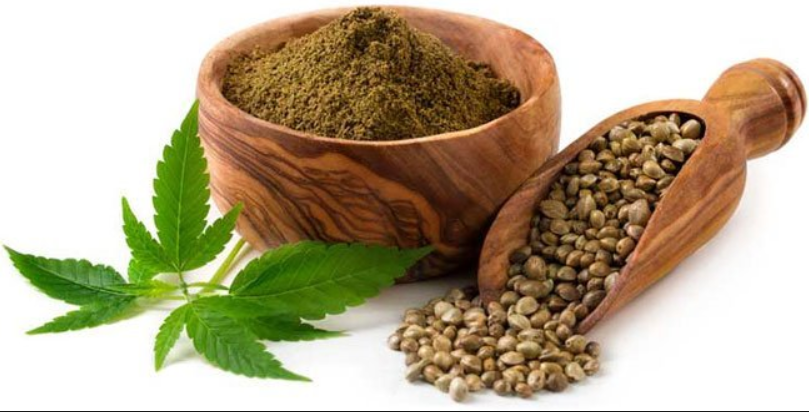Pros and Cons of Hemp Protein
What Is Hemp Protein?
Hemp protein is a powder made from the seeds of industrial hemp varieties that are included in the State Register of Breeding Achievements. The Russian company GK “Konopel” has launched this protein under the “Konoplin” brand for the national market. According to the company, the product is intended for people who play sports and lead an active lifestyle. Since these hemp varieties are legal in Russia, the product is permitted for sale.
Benefits of Hemp Protein
The advantages of hemp protein are largely due to its nutritional profile:
- Contains 50 grams of protein per 100 grams of product
- Energy value reaches 500 kcal per 100 grams
- Includes 19 amino acids
- Fiber content is 5% (5 grams per 100 grams)
- Low fat content (30%)
- Source of minerals such as magnesium, iron, potassium, and zinc
- Free from saturated fats and gluten
- Considered a low-allergen food
Amino Acids in Hemp Protein
Hemp protein contains relatively low amounts of lysine and leucine, amino acids essential for muscle growth. For this reason, pea or brown rice protein is generally better suited for bodybuilders. Overall, hemp protein has lower concentrations of most amino acids compared to pea and rice protein.
Drawbacks of Hemp Protein
The main disadvantages of hemp protein include:
- Poor digestibility. The World Health Organization recommends evaluating protein quality based on digestibility. Hemp protein scores between 0.50 and 0.60 out of 1.00. In comparison, cow’s milk, chicken eggs, whey, and soy all score 1.00, pea protein scores 0.89, and peanut protein scores 0.87.
- High concentration of antinutrients. Hemp protein contains significant amounts of phytic acid, tannins, trypsin inhibitors, and saponins. These plant compounds, known as antinutrients, reduce the body’s ability to absorb essential nutrients from food. Consuming foods high in antinutrients for extended periods can cause gastrointestinal pain and nausea. According to American veterinarians, hemp seed content in animal feed should not exceed 20%, or it may lead to nutrient deficiencies. Therefore, hemp protein should always be mixed with other foods.
- Excessive fiber content. Consuming too much fiber can cause constipation, increased gas, and bloating. These side effects are most common in older adults and people with gastrointestinal disorders. For healthy individuals, the recommended daily fiber intake is 24 grams.
- Short shelf life. Hemp protein oxidizes quickly when exposed to air, increasing the concentration of oxidized fatty acids. As a result, it should be stored in the refrigerator in an airtight container.
Should You Buy Hemp Protein?
Hemp protein contains lower levels of almost all essential amino acids compared to pea and rice protein. It is not a complete protein source and should not be used as your only protein supplement. To avoid side effects, mix hemp protein with other foods and do not exceed the recommended fiber intake. A kilogram of brown rice protein costs about 560 rubles more than “Konoplin” hemp protein. Given the small price difference and the significant difference in amino acid content, rice protein is a better choice for athletes.



